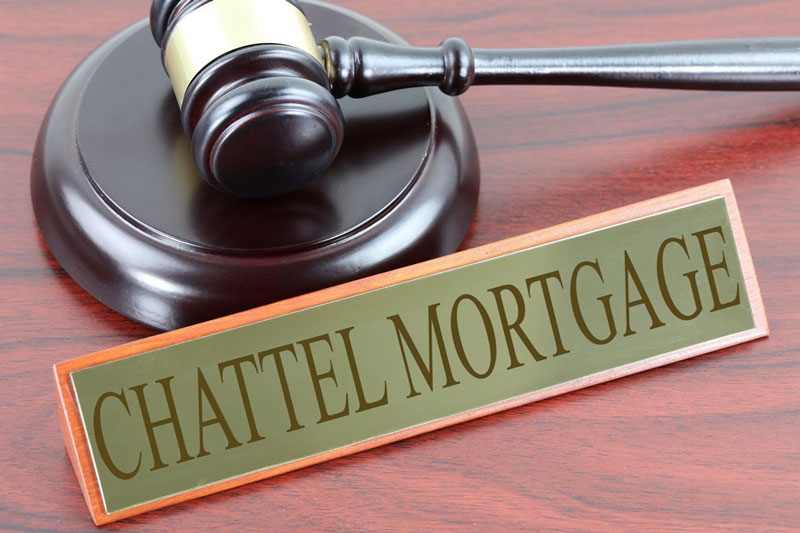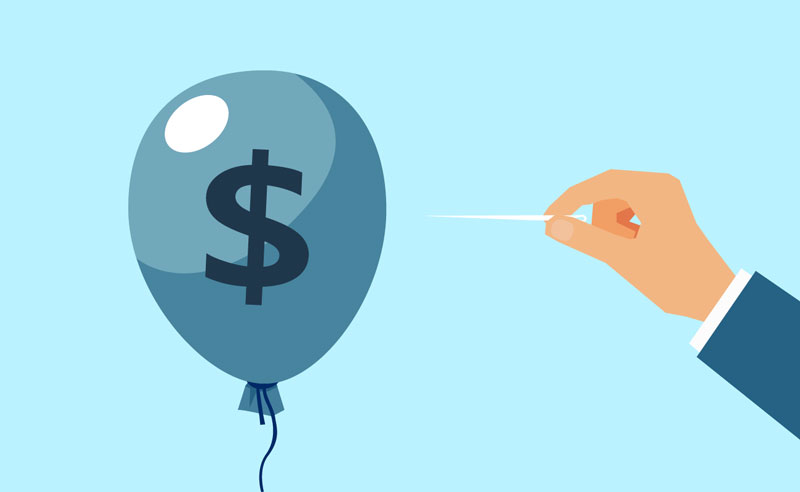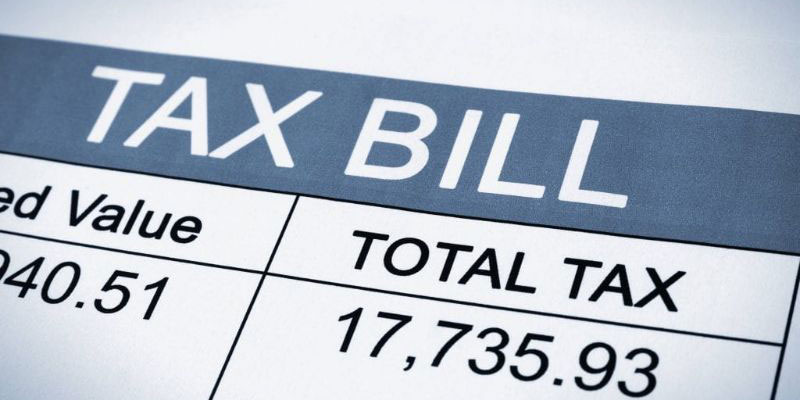A chattel mortgage is common financing for corporate vehicles and equipment. An automobile or hardware loan is what CommBank and other lenders may refer to it as. In many ways, a chattel mortgage is the same as a standard, fixed-rate mortgage.
When you secure a loan, the automobile or piece of equipment serves as collateral for the lender. The debt is called a mortgage, and the vehicle or equipment is called a chattel. However, an Asset Loan, in contrast to a Hire Purchase or Financial Lease, an Asset Loan provides immediate asset ownership in exchange for repayment from the asset's future profits.
If you default on your loan payments, your financing company may be entitled to take back the vehicle or piece of machinery in question. A chattel mortgage is a type of loan used to secure the purchase of personal property.
A chattel mortgage is a type of debt secured by selling personal property that may be moved from place to place, such as a mobile home or a component of heavy machinery. The lender takes title to the collateral in exchange for guaranteeing the loan. The credit in a chattel mortgage is not collateralized by real estate, such as an apartment or an office building, like in a traditional mortgage.
In certain regions, "security agreement" refers to chattel loans rather than the more common "chattel lending." A chattel mortgage can also be referred to as a "movable hypothecation," a "lien on private possessions," or even "individual property security." These phrases are all equivalents to one another.
It doesn't matter what you name them; borrowers may only use chattel mortgages to finance the acquisition of liquid property. Additionally, chattel mortgages often have shorter periods than traditional ones, meaning the money must be repaid more rapidly.
Advantages of Obtaining a Chattel Mortgage on a chattel?

There are multiple benefits of a Chattel Mortgage; among them, some are outlined below:
- There is flexibility in terms of repayment, typically between two and five years.
- Fixed or variable interest charges are available, and they are often cheaper than those for unsecured debt.
- Your monthly payments can always be predetermined to be the same amount, or they can be designed to accommodate any seasonal changes in your cash flow needs (fixed rate)
- Because you immediately take ownership of the funded asset, it will suddenly appear as an asset on the company's balance sheet, even though the financing will appear as a liability.
- Your regular payments may be reduced if you choose to have a lump sum, often known as a balloon or residual payment, due after the term.

Balloon Payment
A balloon payment, also known as a residual sum, is a portion of the total cost that is not due until the legislation's conclusion. Your monthly repayments will be reduced the greater your balloon payment.

It's important to remember that if you choose multiple balloon charges, you won't be able to reduce your loan balance quickly, resulting in increased interest payments throughout the loan.
If you want to keep payments modest for cash flow reasons, a balloon payment might be an option. Make sure that the final balloon payment won't be too much to handle in case you decide to raise enough money by selling and using the proceeds to settle the debt.
Consequences of Tax
The chattel mortgage allows you to raise capital for the total cost of the vehicle or hardware, which includes GST, and it also allows you to apply for input tax deductions immediately.
Depending on the percentage of time you spend using your vehicle or assets for commercial purposes, you could also be eligible to deduct the costs associated with interest and depreciation.
Difference Between Traditional Mortgage And Chattel Mortgage
A conventional mortgage is not similar to a chattel mortgage since the lender retains ownership of their asset until the debt is completely paid off. However, with a conventional mortgage, the creditor is not the owner of the property, which gives them the ability to acquire ownership of the property in the case of failure. Supposing that all of the installments have been made by the completion of the loan tenure, only then the right of the property will be transferred to the buyer using a chattel mortgage.
Types of Chattel Mortgages
Here we have outlined different types of Chattel Mortgages:
Loans for Manufactured/Mobile Homes
Mobile or prefabricated houses on the rented property are typical candidates for chattel mortgages. As the land is technically not the homeowner's to borrow, conventional financing options are out of the question. However, a chattel mortgage can be secured by a mobile or constructed house since it is "personal moveable property." No change in the mobile apartment's financing terms is required upon relocation.
Those who qualify can get loans for prefabricated homes from private lenders with the help of programs offered by HUD, the VA, and the USDA's Rural Housing Service. For instance, HUD's FHA Prefabricated Home Loan Insurance program insures loans for manufactured homes up to $69,678, regardless of whether or not they come with a plot of land. The mortgage rates on such government-guaranteed loans are often cheaper than other personal lenders, and borrowers also enjoy certain additional safeguards.
Financial Assistance for Purchasing New Gear
Heavy machinery used in building, agriculture, and other industries is often financed using a chattel mortgage. Long-lasting and costly heavy machinery is a need in many industries. That's why some companies opt to finance the purchase instead of making a lump sum payment.
In a chattel mortgage, the creditor takes control, whereas the buyer enjoys using the property. If the purchaser fails on the credit, the lender can take back the property and resale it to settle the debt. New and pre-owned machinery can also be financed using a chattel mortgage.
The United States Small Company Administration (SBA) is an excellent place to look for low-interest loans for business purchases. It is similar to other government loan guarantee programs in that it does not directly make loans to borrowers but instead backs loans made by private businesses.



